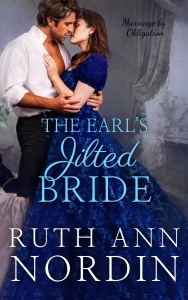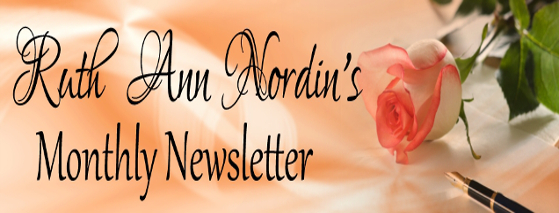There is a mindset within the writing community that says authors should write books as fast as they can just so they can keep up the income. I realize this has faded somewhat, but it still prevails; hence the growing popularity of using AI to help write stories. If writers weren’t pressed to get books out quicker, they would do more writing themselves. I know some people say that AI does a good job of writing a story, but I have a hard time believing it. AI is not human. It never will be. It might come close, but the human brain will always be more creative.
The AI movement, however, can be harmful. I don’t mind AI to assist the writer as long as the writer isn’t using AI to actually write the book. If AI becomes the writer, I think that does a disservice to storytelling. Maybe I’m outdated, but I think good storytelling will always matter. Maybe people rushing through books won’t care if AI wrote it. People rushing through books aren’t getting immersed in the story. They are just jumping from book to book. I have no idea how anyone can really enjoy a book if they rush through it, but perhaps I’m missing something. I’ll concede to the possibility that total enjoyment can occur when something is consumed at a fast pace. All I know is that I can’t enjoy something if I rush through it.
Anyway…
I have a hard time believing that readers who have to pay for individual books will continue to buy from an author who doesn’t take the time to craft a story that means something to them. If the writer loves the work, it will show up in the book. I think a few typos will be acceptable. Even traditionally published books and blockbuster movies have small errors that crop into the final product. But you can’t put out something rushed.
That’s why it’s best to take the time you need to write your story. Some stories flow better than others. Some stories are like pulling teeth. Ironically, some of my best books were those I struggled with the most to write. (Go figure, right?) Sometimes you have to let the story play out in its own time. If that means pushing back a pre-order date, do it. I know it’s “unprofessional” to not meet a deadline, but it’s better to get the story right than to have a story out there that you never want to read again. For example, if you rush a story to get it out there and feel in your gut that the story didn’t go exactly as it should have, that will set you up for disappointment in your own work.
Whatever the genre, you want a comping conflict and the emotionally engaging characters to go with it. That will ensure the story is the very best it can be. If you are in the middle of a story, and you feel that this story is going in a wrong direction, that is a good indicator to slow down and figure out where you went wrong. Or, perhaps, you have done everything right up to this point, but then you feel like you’re going to head in a direction that will make the story suffer. You might want to pause in the writing and give yourself time to think about what you can do next to keep flowing well.
I realize that in an atmosphere where money is the supreme goal of writing, it is not easy to take the time you might need to get the story right. Going slower may cause you to lose some money. Losing money is very difficult. I know this from experience. It sucks when you can no longer easily pay your bills anymore. But bills aren’t your only worry when you lose money. You might worry that you will lose some clout in the writing community because, as unfair as it may be, those who make the most money get the most support from other writers. Often when you go into writing forums, anyone giving advice without having the all-sought-after “six figure income” will be dismissed. So making money is more than paying bills. It is about establishing your reputation in the writing community.
I would like for every author who loves their work to be able to make a living at it. We should all be so lucky as to make a living doing the thing we love most. Unfortunately, sometimes we are forced to choose. Those of you who have been reading my blog for a while now know where I fall in this debate. But just in case someone new is coming here, let me rehash my perspective below.
I think rushing through a story and putting up something that is mediocre does you and your readers a disservice. I also think using AI to write the story for you does your readers a disservice. When your readers pick up your books, they are expecting you. The best way you can honor your readers is to give them “you”. The ultimate goal of writing should be to leave a legacy after you die. I used to laugh when authors told me that because, at the time, I did think money was more important, but I have learned a lot since I left the writing-to-market phase of my life. And now I am in complete agreement with the people who think more along the lines of writing books that will emotionally mean something to people who read them in the generations to come. The best stories are those that reach out and touch the readers’ heart. And it can take time to write stories like that.








